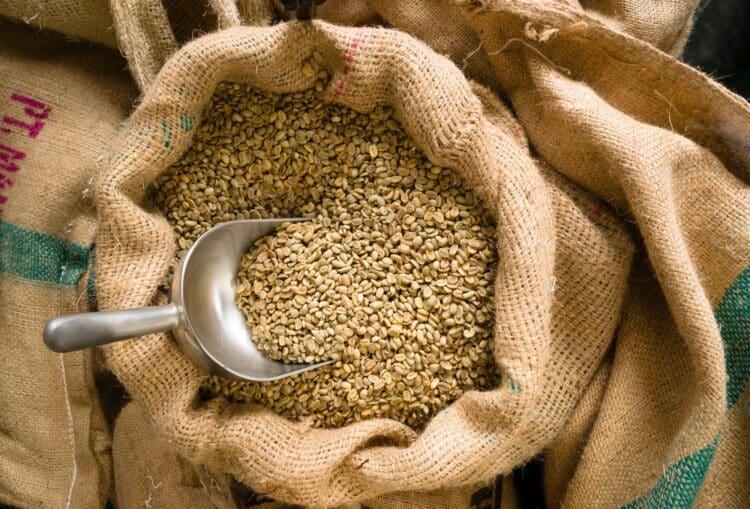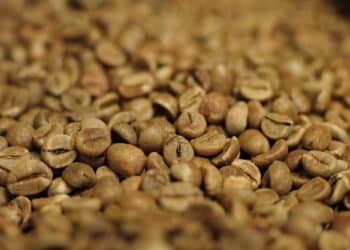The impact of the impending 50 per cent United States (US) tariff on imported Brazilian goods could see Brazil’s coffee production market shift its focus away from the US and towards China and the Philippines, according to data analytics firm GlobalData.
Brazil was originally hit with a 10 per cent tariff as part of the ‘Liberation Day’ announcements on 2 April 2025, but US President Donald Trump has threatened to raise the import tax to 50 per cent following what he labelled as “far from reciprocal” trade negotiations.
Roughly a third of the coffee consumed in the US comes from Brazil, which ships approximately eight million 60-kilogram bags there per year.
“Brazilian coffee exporters should seek alternative markets in the US in the event that the US acts on its threats,” says Senior Consumer Analyst at GlobalData, Rory Gospill.
“They need to target the alternative markets that combine high absolute forecast growth with a high compound annual growth rate (CAGR) to reflect a large, fast-growing coffee market. The Philippines and China offer both.”
The Philippines was the fifth largest international coffee market in 2024 and it’s forecast to experience the third greatest growth of any nation in hot coffee retail sales value between 2024 and 2029, behind only the US and Japan.
China, on the other hand, was the seventh largest international coffee market in 2024 and is expected to be the fourth-fastest growing nation in terms of hot coffee retail value.
Both nations’ ready-to-drink coffee markets are also forecast to show rapid growth over the next five years, with China expected to experience the second greatest absolute sales value growth (US$1.9 billion) in the same period.
Brazil is already an essential provider of coffee to the Chinese supply chain, having produced 32.4 per cent of the country’s total coffee imports in 2024 according to the Observatory of Economic Complexity.
The two nations also enjoy a positive trade relationship outside of coffee, as China continues to extend its reliance on Brazilian agricultural products.
Gospill says the threat of US tariffs on Brazil indicates the need for coffee exporters around the world to remain agile in the currently unpredictable international trade market.
“As Brazilian exporters face the potential loss of their competitive edge in the US market, it becomes imperative for them to pivot towards alternative markets that promise robust growth,” says Gospill.
“However, perhaps more broadly, the US decision to impose tariffs on Brazil for reasons grounded in ideology rather than trade economics reflects the need for nation states and consumer packaged goods companies to factor both macroeconomic and political/cultural issues into their strategies going forward.”





